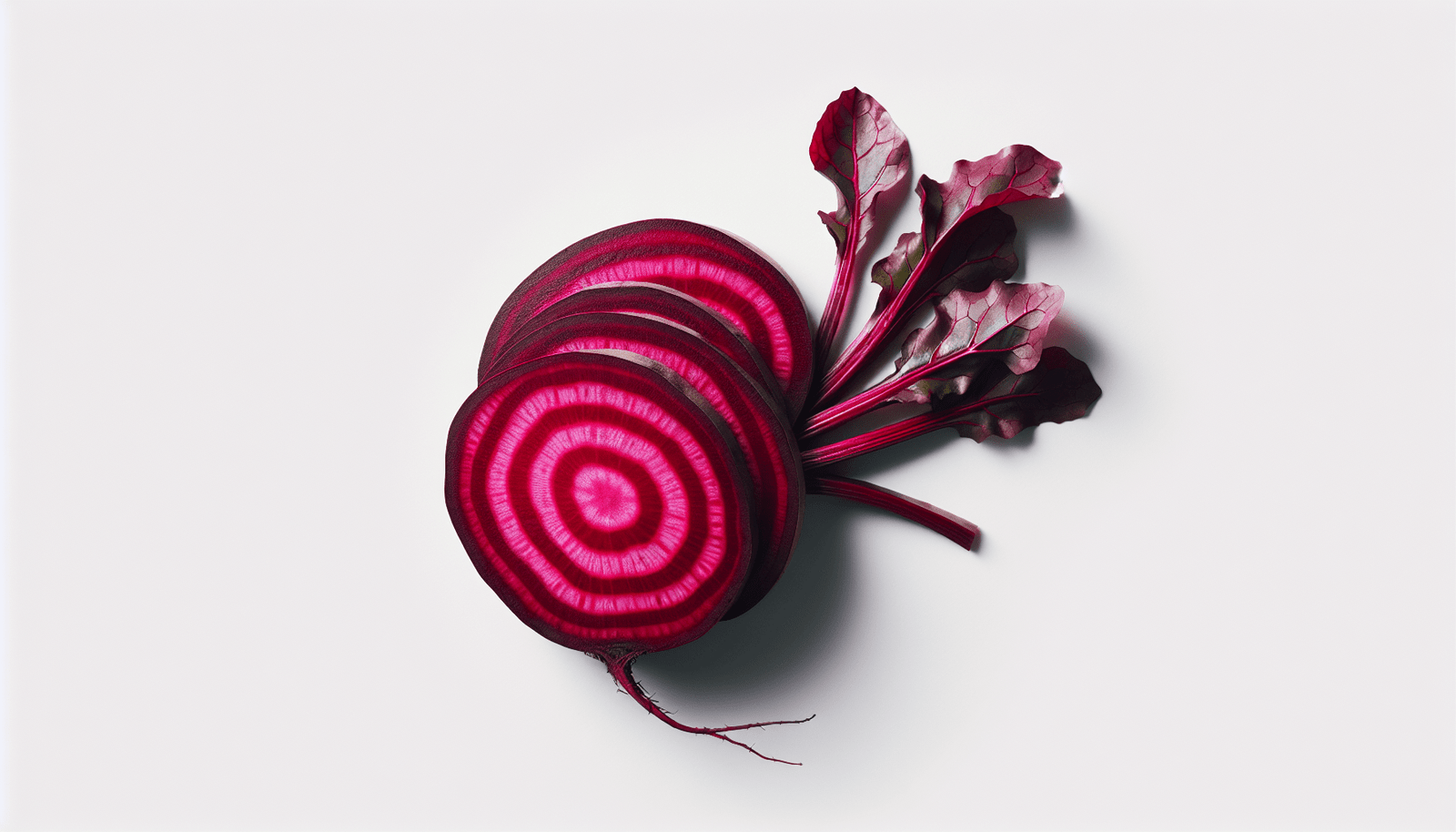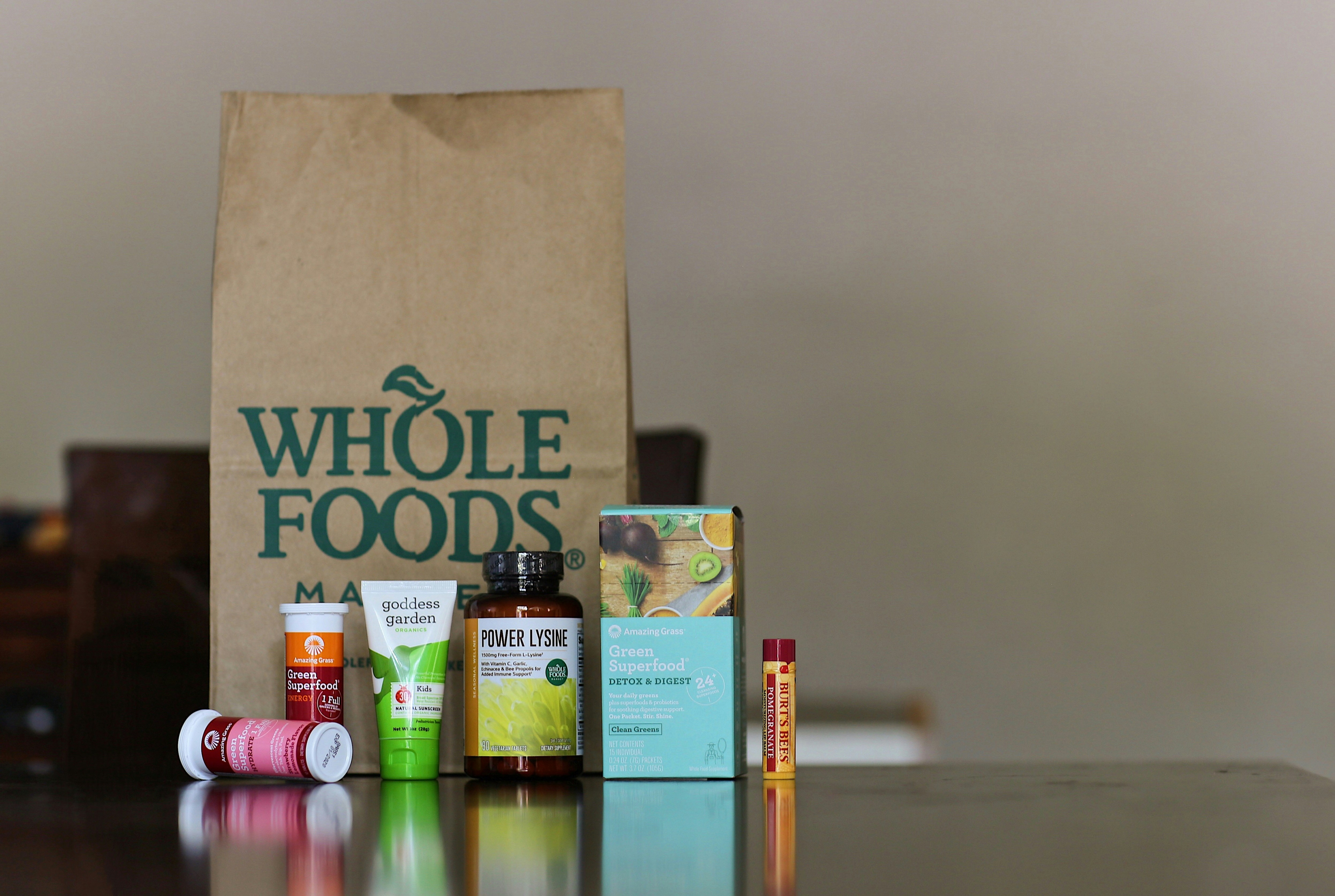Ever wondered why your gut feels out of sync or why you experience chronic discomfort with no apparent cause? You might be dealing with an overabundance of oxalates, those sneaky little compounds found in many common foods. Let’s talk about how to detoxify your gut from excess oxalates and regain that feeling of well-being.
Understanding Oxalates: What Are They?
Oxalates are naturally occurring compounds found in many plant-based foods. While they serve their purpose in the plant kingdom, they can be problematic for some people when consumed in excess. Oxalates can bind with minerals in your gut, forming crystals that may lead to kidney stones and other health issues. We’re here to break down this process and offer you effective ways to flush them out of your system.
Sources of Oxalates
First, it’s essential to know which foods are high in oxalates. Here are some common culprits:
| High-Oxalate Foods | Oxalate Content (mg per serving) |
|---|---|
| Spinach | 755 mg |
| Rhubarb | 140 mg |
| Almonds | 122 mg |
| Beets | 152 mg |
| Swiss Chard | 151 mg |
| Sweet Potatoes | 101 mg |
| Soy Products | Varies |
Keep in mind that even some fruits, nuts, and seeds harbor significant amounts of oxalates. Knowing these sources allows you to make more informed dietary choices.
How Do Oxalates Affect You?
When you consume foods high in oxalates, these compounds can bind with calcium in your gut, forming calcium oxalate crystals. Over time, these crystals can accumulate and cause problems, including kidney stones, joint pain, and even gastrointestinal issues. If you’re prone to any of these conditions, managing oxalate intake could be crucial for you.
Why Should You Detoxify Your Gut?
Detoxifying your gut from excess oxalates is more than just a trendy health tip; it’s about maintaining your overall well-being. Excess oxalates can lead to several health complications. Let’s break them down:
Kidney Stones
One of the most well-known problems caused by oxalates is kidney stones. Roughly 80% of kidney stones are calcium oxalate stones. If you’ve experienced the excruciating pain of passing a kidney stone, you know that prevention is far better than treatment.
Joint Pain
Oxalate crystals can also settle in your joints, leading to stiffness and discomfort. This condition is often misdiagnosed as arthritis. If your joint pain seems resistant to conventional treatments, it might be worth considering an oxalate detox.
Gut Issues
Oxalates can wreak havoc on your gut by inhibiting the absorption of essential nutrients. This imbalance can lead to a host of digestive issues, ranging from mild discomfort to severe gastrointestinal distress. If you frequently suffer from stomach aches, diarrhea, or bloating, oxalates could be the unseen culprits.
Steps to Detoxify Your Gut from Excess Oxalates
Detoxifying your gut involves a multi-step approach. From dietary changes to lifestyle adjustments, each step plays a crucial role. Let’s break it down into manageable chunks.
Step 1: Limit High-Oxalate Foods
The first and most obvious step is to cut back on foods high in oxalates. While you don’t need to eliminate them completely, moderating your intake can make a significant impact. Go for low-oxalate alternatives like:
- Broccoli
- Cauliflower
- Cucumbers
- Iceberg Lettuce
- White Rice
Switching to these foods can ease the oxalate burden on your gut without sacrificing flavor or variety in your diet.
Step 2: Drink Plenty of Water
Water is your best friend when it comes to flushing out toxins, including oxalates. Aim for at least 8-10 glasses per day to help dilute oxalates and facilitate their elimination through urine. Remember, hydration isn’t just about quantity; it’s about consistency.
Step 3: Boost Calcium Intake
Contrary to what you might think, upping your calcium intake can actually help reduce oxalate absorption. Calcium binds with oxalates in the gut before they can reach the kidneys. This prevents the formation of those pesky calcium oxalate stones. Here are some calcium-rich foods to consider:
| Low-Oxalate Calcium Sources | Calcium Content (mg per serving) |
|---|---|
| Dairy Milk | 300 mg |
| Yogurt | 245 mg |
| Cheese | 200 mg (varies by type) |
| Kale | 90 mg |
| Sardines | 50 mg |
Step 4: Use Probiotics and Prebiotics
Probiotics and prebiotics are like a one-two punch for gut health. Probiotics introduce beneficial bacteria that can break down oxalates, while prebiotics provide the food these good bacteria need to thrive. Consider incorporating fermented foods like sauerkraut, kimchi, and yogurt into your diet. Also, foods rich in fiber like garlic, onions, and asparagus can serve as excellent prebiotics.
Step 5: Supplements to Consider
Sometimes, diet alone isn’t enough, and supplements can offer additional support. Here are a few that might help:
- Magnesium Citrate: Helps to dissolve oxalate crystals.
- Vitamin B6: Supports overall metabolic health and can reduce oxalate production.
- Omega-3 Fatty Acids: Offers anti-inflammatory benefits that can ease symptoms related to oxalate buildup.
Always consult with your healthcare provider before starting any new supplement regimen to ensure it’s suitable for your specific needs.
Lifestyle Adjustments
Dietary changes are essential, but lifestyle adjustments can also play a significant role in detoxifying your gut from excess oxalates.
Exercise Regularly
Exercise helps enhance your body’s detoxification pathways. Whether it’s through sweating or increasing your lymphatic circulation, staying active is a great complement to your oxalate detox efforts. Activities like yoga, biking, or even a brisk walk can make a difference.
Manage Stress
Chronic stress can throw your digestive system out of whack, making it harder to manage issues like oxalate build-up. Stress management techniques such as meditation, deep breathing exercises, and mindfulness can be beneficial.
Regular Health Check-ups
Routine medical check-ups can help you keep tabs on oxalate levels and overall health. Simple urine tests can reveal a lot about your oxalate status, allowing for timely interventions.
Common Myths About Oxalates
There’s a lot of misinformation floating around about oxalates. Here are some myths you should be aware of:
Myth 1: All Greens are Bad
It’s easy to fall into the trap of thinking all greens are high in oxalates. However, many leafy greens, like kale and arugula, are actually low in oxalates and can be a part of a balanced diet.
Myth 2: Cutting Out Oxalates Completely is the Solution
Oxalates aren’t inherently bad. They only become problematic in excess or if your body struggles to process them. A balanced approach is usually the best way to manage oxalates.
Myth 3: Only Vegetarians Need to Worry
While vegetarians might consume more plant-based foods, anyone can experience issues with oxalates. It’s not exclusive to any one diet.
Real-Life Success Stories
Sometimes it helps to hear from people who have successfully managed their oxalate levels. Real-life experiences can offer encouragement and practical tips.
Story 1: Sarah’s Journey
Sarah struggled with chronic kidney stones for years. After numerous failed treatments, she consulted a nutritionist who recommended a low-oxalate diet. Within six months, Sarah noticed significant improvements and hasn’t had a kidney stone since.
Story 2: Mark’s Experience
Mark dealt with unexplained joint pain for years. It wasn’t until he stumbled upon information about oxalates that he made the connection. After following an oxalate detox regimen, his joint pain diminished considerably, and he regained mobility.
Scientific Studies
Several scientific studies have been conducted to understand the impact of oxalates on health. Knowing the research behind it can further validate your efforts to manage oxalate intake.
Study 1: Oxalates and Kidney Stones
A study published in the American Journal of Kidney Diseases showed that individuals who follow a low-oxalate diet had significantly fewer kidney stones than those who didn’t. The research emphasized the importance of dietary modification in preventing kidney stones.
Study 2: Probiotics and Oxalates
Research in the Journal of the American Medical Association found that consuming probiotics helped reduce urinary oxalate levels. The beneficial bacteria aided in breaking down oxalates, making them easier to eliminate.
Study 3: Calcium and Oxalate Absorption
A study in the Journal of Urology demonstrated that increased dietary calcium intake reduced oxalate absorption and subsequently lowered the risk of kidney stone formation. This further supports the recommendation to boost calcium intake when managing oxalates.
Frequently Asked Questions (FAQ)
It’s natural to have questions when diving into a new health regimen. Here are some common questions people ask about oxalates and their answers:
Q: Can I still eat spinach and other high-oxalate foods?
A: Yes, but moderation is key. You don’t need to eliminate these foods entirely. Simply balance your diet with low-oxalate alternatives.
Q: How long does it take to detox from oxalates?
A: Detox time varies depending on your body and level of oxalate buildup. Most people start noticing improvements within a few weeks to a few months.
Q: Are oxalate detox diets safe for everyone?
A: While generally safe, it’s best to consult with a healthcare provider before making significant dietary changes, especially if you have existing health conditions.
Q: Can children follow a low-oxalate diet?
A: Yes, but it’s crucial to ensure they still receive all essential nutrients. Consulting a pediatrician or nutritionist can provide guidelines tailored to your child’s needs.
Q: Do I need special tests to diagnose oxalate problems?
A: Specific urine tests can measure oxalate levels. If you suspect an oxalate issue, your healthcare provider can guide you through the appropriate diagnostic process.

Final Thoughts
Detoxifying your gut from excess oxalates is not just about making drastic changes but about making informed, sustainable choices. By limiting high-oxalate foods, staying hydrated, boosting calcium intake, incorporating probiotics, using supplements wisely, and making some lifestyle adjustments, you can significantly improve your gut health and overall well-being.
Remember, this isn’t about quick fixes. It’s a step-by-step journey towards better health. Take it one day at a time, listen to your body, and consult with healthcare professionals when in doubt. You’ve got this!
And there you have it—your comprehensive guide to detoxifying your gut from excess oxalates. Making these changes may seem daunting at first, but your gut (literally) will thank you. Don’t let oxalates mess with your mojo. Take control, make the necessary adjustments, and watch as your overall health improves.




